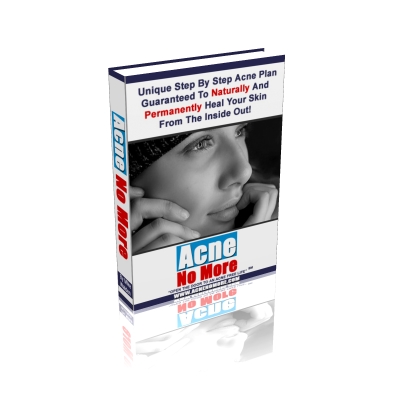Exploring Natural Herbal Treatments for Acne
Discover effective natural remedies to treat acne without the use of harsh chemicals. This article explores various herbal treatments and provides valuable tips for acne management.
Acne affects millions of people worldwide, and the abundance of skin care products in the market reflects the demand for acne treatment. However, many over-the-counter products contain chemicals that may harm the skin and offer only temporary relief. In light of these concerns, more and more individuals are seeking natural and herbal remedies to effectively address acne. Herbal medicines, being devoid of harsh chemicals and derived from natural plant sources, present a promising alternative for acne treatment.
When it comes to natural treatments for acne, a variety of options are available, including lotions, creams, homemade remedies, and herbal formulations. Let's delve into some key ingredients that can be obtained from herbalists and utilized for treating acne.
1. Echinacea and Tea Tree Oil
Echinacea and tea tree oil are widely recognized as effective natural herbal remedies for acne. Echinacea and Oregon grape enhance the body's immune system, while tea tree oil, containing terpenoids, exhibits antifungal and antiseptic properties.
Visit: Taking Care of Acne-Prone Skin
2. Green Tea
Green tea aids in combating bacteria and regulating hormone activity, thereby helping to control acne. Additionally, almond oil is beneficial for diminishing acne scars.
3. Apricot and Citrus Juices
Apricot and citrus juices function as natural exfoliants, reducing the presence of cysts and eliminating dead skin cells to keep the pores unclogged.
4. Distilled White Vinegar and Honey Mask
Applying distilled white vinegar topically to the affected area serves as a cleansing solution for the pores. Furthermore, a honey mask aids in the healing process of acne-affected skin due to its remarkable antibacterial qualities.
5. Green Tea, Chamomile, and Oatmeal
Green tea, chamomile, and oatmeal are excellent herbs for alleviating inflammation. Their anti-inflammatory properties help soothe the affected skin, reduce heat, and promote proper healing. Oatmeal, when used to wash the affected area, also relieves itching sensation. Ginger, in any form, aids in reducing redness and inflammation.
6. Licorice
Licorice, an important herb used since the Middle Ages to treat acne, stimulates mucous secretion and enhances adrenal gland function. This, in turn, bolsters the body's natural defense system, effectively combating bacteria and germs responsible for acne and pus.
Conclusion
Embracing natural and herbal remedies can provide a safer and effective approach to treating acne. By utilizing ingredients like Echinacea, tea tree oil, green tea, distilled white vinegar, honey, chamomile, oatmeal, ginger, and licorice, individuals can manage acne symptoms and promote healthier skin. It's important to remember that every individual's skin is unique, so experimentation and consultation with a healthcare professional or herbalist may be necessary to find the most suitable herbal remedies for each person. With the right approach and consistent use, natural remedies offer a promising solution for combating acne.
New E-book Reveals Unique Holistic Strategies to Cure Acne. Discover How To Quickly And Easily Cure Acne Permanently... Even If Everything Else You Tried Had Failed... Without Drugs, Without Over The Counters, and Without Nasty Side Effects – Guaranteed! Click Here --> [AcneNoMore.com]



















0 Comments